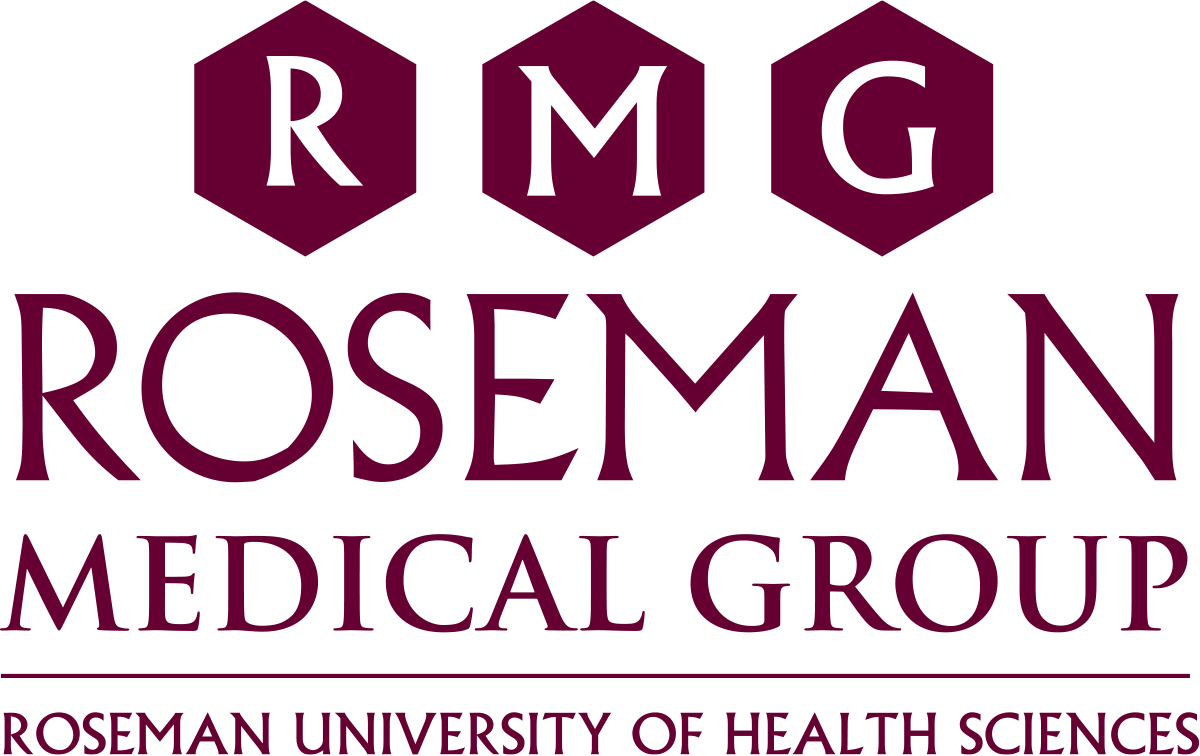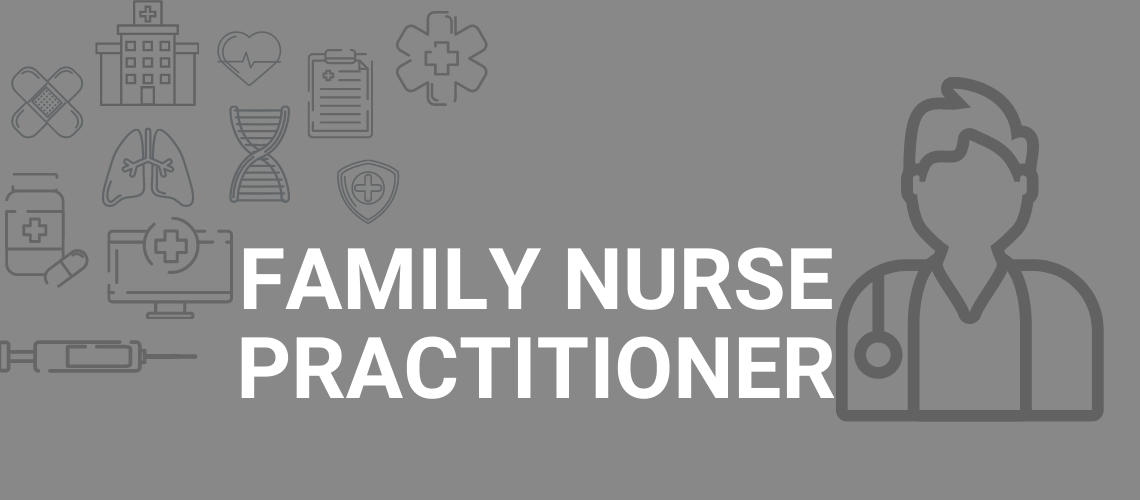National Health Professions Week is a chance for aspiring healthcare professionals to explore careers in the health professions through reliable, accessible resources. This year we are providing an inside look into the profession of Family Nurse Practitioner for all those aspiring nurses, or patients wanting to know more about the profession and person behind their care.
What is a Family Nurse Practitioner?
A Family Nurse Practitioner (FNP) is an advanced practice registered nurse with specialized educational and clinical training in family practice. Because patients at a family practice can be extremely diverse, the scope of practice for a family nurse practitioner is quite broad. An FNP focuses on comprehensive healthcare for patients of all ages and delivers a range of acute, chronic, and preventative healthcare services. In order to qualify as a Family Nurse Practitioner, a practicing nurse must have a Master of Science in Nursing or a Doctor of Nursing.
Get an inside look at the educational journey of becoming a family nurse practitioner and how a family nurse practitioner takes a holistic approach to patient care with Roseman Medical Group’s Dr. David Navarro, DNP.
The Education & Experience of a Family Nurse Practitioner
Q: Where did you attend school?
A: I attended the College of Southern Nevada (CSN), University of Nevada- Las Vegas (UNLV) and University of Nevada-Reno (UNR).
Q: How has earning your BSN, MSN, and DNP changed your life?
A: It has provided me great professional growth and satisfaction.
Q: Which has been more valuable in your career, your education or your experience?
A: I would say both my education and experience have been valuable to my career. The education I’ve received is of value for it has given me knowledge and granted me access to a variety of settings within nursing which has given me a substantial amount of experience.
Q: How long have you worked in this industry?
A: I have worked in the healthcare industry within the field of nursing for over 15 years.
Patient-centered Care
Q: What is your favorite part of your job?
A: My favorite part of being a nurse practitioner is working with patients and helping them achieve and maintain optimum health.
Q: What do you do at work on a daily basis?
A: As a nurse practitioner I assess, diagnose, treat health conditions, and educate patients. In addition, I provide primary preventive care (e.g., immunizations and age applicable screenings). Lastly, I help patients attain, maintain, and recover optimal health as well as quality of life.
Q: Who or what inspires you?
A: What inspires me most is being part of a profession that makes a difference in individuals, families, and communities.
Q: How has the industry changed since you started?
A: Since I’ve started in the industry, Nevada joined other states in giving nurse practitioners full practice authority. Therefore, nurse practitioners in the state of Nevada can evaluate patients; diagnose, order and interpret diagnostic tests; and initiate and manage treatments.
Q: What has been your biggest success factor?
A: Dedication to patient care and quality of care based on evidence-based practice. Also, having the intellectual curiosity to keep up with state-of-the-art care via formal education and self-directed learning activities. Being a life-long learner will continue to be a factor in my success. There is no age limit or depth of knowledge that can restrict one from growing or learning.
In-depth Information for Aspiring Pharmacists
Q: What advice would you give to an aspiring nurse or nurse practitioner?
A: Nursing is a highly regarded profession – pursue your dreams. Reach out to a nurse or nurse practitioner to have an in-depth discussion about what they do before applying to nursing school to be sure it matches your interest.
Q: What hard skills and soft skills should someone in your field have?
A: There are a multitude of soft skills and hard skills that an individual should have when entering the healthcare industry as a nurse or nurse practitioner.
- Soft Skills: Effective communication skills, critical thinking, time management, strong ethics, and dependability.
- Hard skills: Patient safety (e.g., preventing errors), technology skills (e.g., working with electronic medical records [EMR]), and patient and family education.
Q: What skills have you found vital to your job?
A: Assessment skills, understanding of disease processes/ trajectory and treatment options. “Being present” in each patient interaction. Attention to details.
Q: What should an aspiring nurse or nurse practitioner be doing to improve their career prospects?
A: Get involved in local, regional, and national nursing organizations. These build your resume and provide you opportunities to build upon your knowledge and experience.
Q: Where do you see the industry going in the future?
A: As it stands, the United States continues to see a growing need for professional nurses and nurse practitioners. As veteran nurses retire and healthcare needs continue to diversify and grow, the industry will need highly qualified, empathic nurses to fill the void.
Q: What professional associations are you a member of?
A: American Association of Nurse Practitioners (AANP) and The Nevada Advanced Practice Nurses Association (NAPNA)
To make an appointment with Dr. Navarro, call 702-463-4040.
Visit Roseman University College of Nursing for more information on acquiring a Bachelor of Science in Nursing (BSN) or Master of Science in Nursing Family Nurse Practitioner (MSN/FNP) and how you can help fill the growing need for highly qualified, empathic nurses.
Article by Kristine Campo


